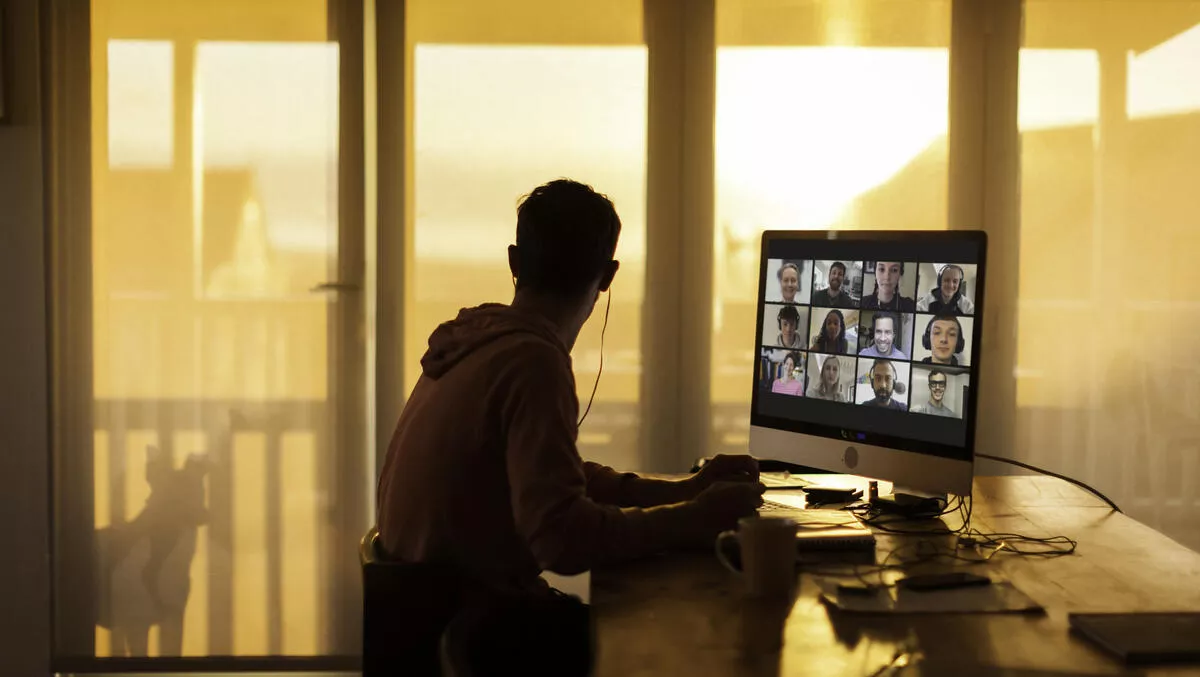
Remote working core element of future of work, report finds
Nearly all Australian employees say they want to work remotely despite potential challenges.
This is according to Employment Hero's annual Remote Working Report, which explores knowledge workers sentiments around remote and hybrid work.
The report highlighted the continuing popularity of remote work, with 94% of Australians wanting to work remotely at least once a week, up from 92% in the previous year.
The report also highlighted an increase in the adoption of hybrid working and shared insights into the challenges associated with working from home.
Although lockdown restrictions have eased in most states, many of those surveyed are still working from home, according to the report.
In fact, a majority (72%) are still working from home at least some of the time, of which 27% are working remotely full-time, while 45% have adopted a hybrid model sharing their working hours between the office and remotely.
Only less than a third (27%) have returned to the office full-time. Additionally, more than one third (36%) of respondents said they would definitely work remotely on a permanent basis, up from 28% in 2020.
The survey found generational gaps in the way that remote work has been received by knowledge workers in different age groups.
Of those surveyed, millennials and gen Z have adapted to remote work more easily than their older counterparts, with 94% experiencing changes to their way of working whether that be with new digital tools, flexible working hours or the purchase of new office equipment.
Meanwhile, 23% of workers aged 45 and over said they had experienced no changes in their way of working, suggesting there may be some complacency to adapt to remote work in this age range.
Despite the ample benefits, the report has also shed light on some of the challenges experienced by employees due to the shift to remote work.
One-third (33%) of Australian knowledge workers are finding it harder to switch off, while 29% are missing the camaraderie from co-workers. In addition, nearly a quarter (21%) of those surveyed have reported not getting up from their desks enough.
Employment Hero co-founder and CEO Ben Thompson says, "Despite the challenges and speculations around the impending end of remote work, distributed workforces will continue to be a core element of the future of work.
"While we've all experienced different challenges from the shift to remote work, the benefits to mental health, to wellbeing, to productivity and the bottom line are just too good to ignore."
Thompson says, "Prior to the pandemic, the uptake of remote or hybrid models of working was slow-moving and, often, conditional a lot of companies were offering work from home days as a perk of employment rather than a way of life.
"The past year has proven that remote work is here to stay and the flexibility that it affords people is invaluable. In fact, almost all Australians are now expecting to work remotely at least one day a week, if not more.
"This demand shows that it's no longer a nice-to-have and employers will be missing out on talent if they're stubbornly refusing to adapt with these shifts in expectations and the future of work.
The global report surveyed a total of 1,000 knowledge workers across Australia about their views on various working arrangements, including remote, hybrid and on-site.


